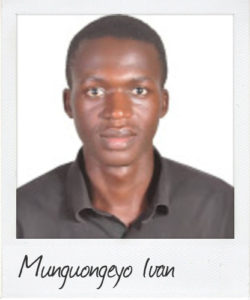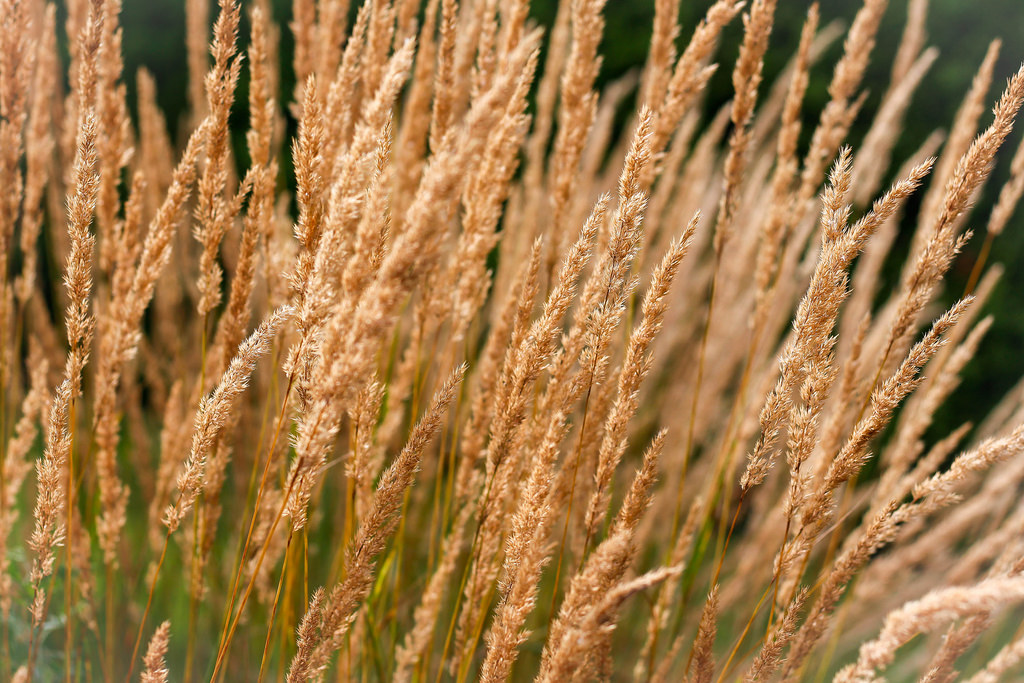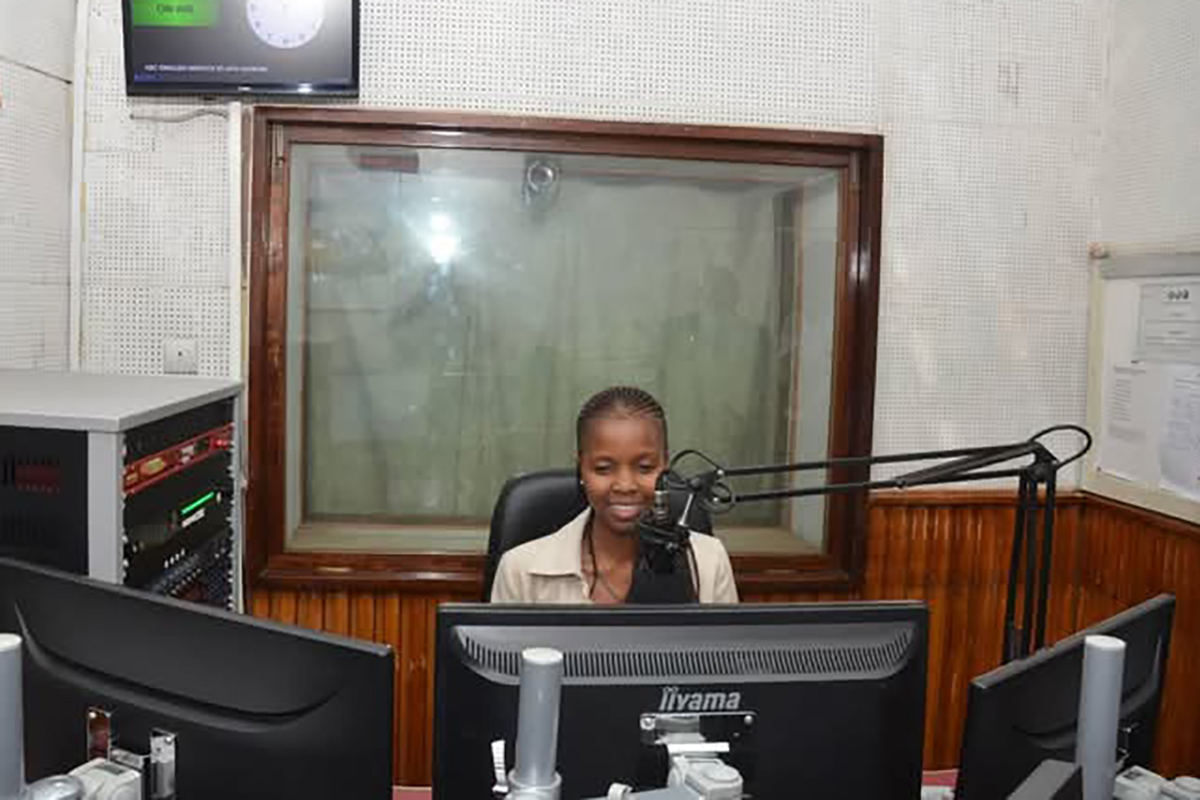“More rural investment could boost economy”
February 1 Positive projections for economic growth are misleading as long as infrastructure improvements ignore the capacity to improve the rural economy, writes Munguongeyo Ivan, 24, a Commonwealth Correspondent from Kampala, Uganda.
Positive projections for economic growth are misleading as long as infrastructure improvements ignore the capacity to improve the rural economy, writes Munguongeyo Ivan, 24, a Commonwealth Correspondent from Kampala, Uganda.
Uganda’s economic outlook report 2017 as usual projected that the economy would grow by five per cent in real terms before accelerating to six per cent by 2018/19.
Such reports by these romantic economists and statisticians do not give a true picture of the Uganda’s economy, especially comparing how the rural areas are fairing against their urban counterparts as far as Infrastructure developments are concerned. Poverty remains firmly entrenched in rural areas, which are home to 87 per cent of Ugandans. Indeed, a 2016 report estimated that over 30 per cent of all rural people – some 10 million men, women and children – still live below the national rural poverty line.
The Government of Uganda initiated an ambitious infrastructure investment plan aimed at addressing some of the country’s major structural bottlenecks, but such projects have always benefited the urban areas at the expense of the rural sides. Uganda’s rural poor consists of the subsistence farmers, herdsmen, fishermen and hunters living in remote areas scattered throughout the country. Remoteness makes these poor farmers even poorer, preventing them from benefiting from the ‘steady progress’ the government has been promoting.
In my neighborhood villages, Alwi Pangieth and Panyigoro, the majority of the peasant farmers practice rain-fed agriculture. These smallholder farmers do not have access to the vehicles and roads they need to transport their produce, and market linkages are extremely weak or nonexistent. Instead, there are foot paths and narrow roads existing in such villages and the farmers end up losing much of their production yields due to transportation bottle necks.The hopes of these farmers are shuttered, as they only dream of local sale of their produce.
These farmers lack inputs and technology to help them increase production and reduce pests and disease. They also lack access to financial services, which would enable them to boost their income both by improving and expanding their production, and by establishing small enterprises.
Besides these problems, they are poorly supported by government as far as subsidies, loans and other support are concerned.
NAADS was in existence as well as Operation Wealth Creation (OWC), but few were helped by the NAADS/OWC program as dry seeds where distributed to farmers. Those who did benefit where people from a particular political class, leaving the ordinary people hopeless and their situations unattended to.
What is vital here is improving agricultural technologies and market linkages to help farmers move from subsistence to market-oriented production in order to increase their incomes and improve their living standards. This is not rocket science. It’s a matter of putting political will into improving community access roads linking to production and village; roads that are impassable with poor bridges like Oraa Bridge in Wadelai Sub County in Pakwach District that require urgent maintenance.
Another important issue here is improvement on the market place infrastructure by boosting and supporting the village and sub-county markets, encouraging value chain addition, and promoting agro processing and storage facilities. This would do our farmers a great favour, reduce post-harvest losses and increase household income levels. Government efforts to extend electricity to the rural areas were laudable, but access is still a challenge to the rural dwellers. This can be addressed by promoting the usage and consumption of solar energy technologies.
In order for the country to realise the structural transformation and achieve the middle-income status it is clamouring for, it will require an ardent investment in rural infrastructure. Because agriculture – which is the country’s backbone – is inseparable from infrastructure.
Photo credit: wuestenigel wheat close-up via photopin (license)
…………………………………………………………………………………………………………………
About me: I am Munguongeyo Ivan, from Kampala, Uganda. I hold a Bachelor’s Degree in Development Studies from Makerere University and currently am pursuing Master’s Degree in Rural Development at the same University. My aim is to be a lecturer in the development studies discipline. I also have wide knowledge in serving local communities and specifically working with NGOs to improve on the welfare of the rural poor. I am currently a volunteer with an NGO called Hands of Love Foundation.
…………………………………………………………………………………………………………………
Opinions expressed in this article are those of the author and do not necessarily represent the views of the Commonwealth Youth Programme. Articles are published in a spirit of dialogue, respect and understanding. If you disagree, why not submit a response?
To learn more about becoming a Commonwealth Correspondent please visit: http://www.yourcommonwealth.org/submit-articles/
…………………………………………………………………………………………………………………






